The action plan originally contained 24 key actions, listed in the Communication annex (COM/2022/552) and presented below together with the indicative timeline and information on each action’s implementation and follow-up. Any additional action, added after the action plan adoption, is also mentioned here, sorted by 6 thematic areas.
An EU framework for sharing data
- Prepare the ground for adopting an Implementing Act on interoperability requirements and procedures for access to metering and consumption data (Q3 2022).
In June 2023, the EU adopted rules to further protect and empower consumers through digitalisation. Consumers will be able to get easy access to their metering data and give permission for data on their energy consumption - or generation - to be used by third parties in ways which benefit them. In July 2024, the Commission published guidance for EU countries for reporting on the national implementation of the technical rules.
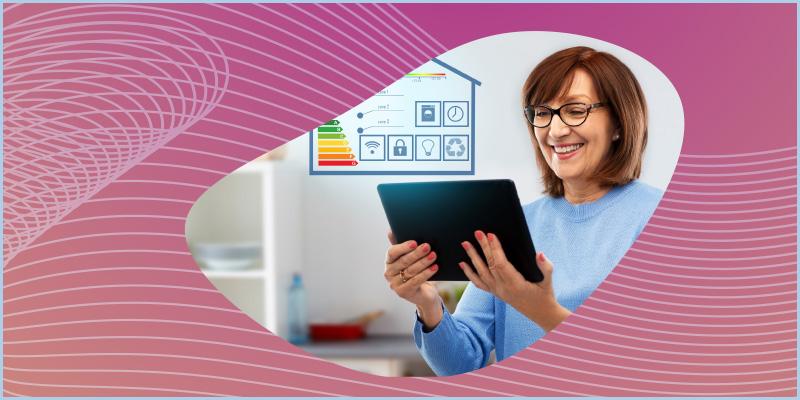
- Formally establish the Smart Energy Expert Group and set up Data for Energy (D4E) as one of its permanent working groups (Q1 2023).
The Commission Decision setting up the Expert Group on Smart Energy (C/2023/6121) was adopted on 18 September 2023. The Smart Energy Expert Group, which will replace the Smart Grids Task Force (E0289), is tasked to advise the Commission on initiatives and actions to coordinate and accelerate the digital and sustainable transformation of the EU’s energy system, namely on the development and deployment of smart energy solutions, cybersecurity and consumers empowerment and protection.
- Promote a code of conduct for energy-smart appliances to enable interoperability and boost their participation in demand response schemes (Q4 2023).
The code of conduct was launched at the Hannover Fair in April 2024. 10 manufacturers signed the commitment, and an energy management system manufacturer committed to support compliant appliances.
- Establish the governance of the common European energy data space (2024).
- Intend to support the deployment of the common European energy data space through a Digital Europe Programme call for proposals (2024).
- Support European Network of Transmission System Operators for Electricity (TSOs) and the Association of European Distribution System Operators (DSOs) to create a digital twin of the European electricity grid (as of 2022).
The Commission announced, in December 2022, the creation of a digital twin of the European electricity grid by the TSOs and DSOs and the 2023 Horizon Europe Work Programme included a call for proposals of €20 million for this project to improve management, operations and resilience of the EU electricity system in support of the REPowerEU plan.
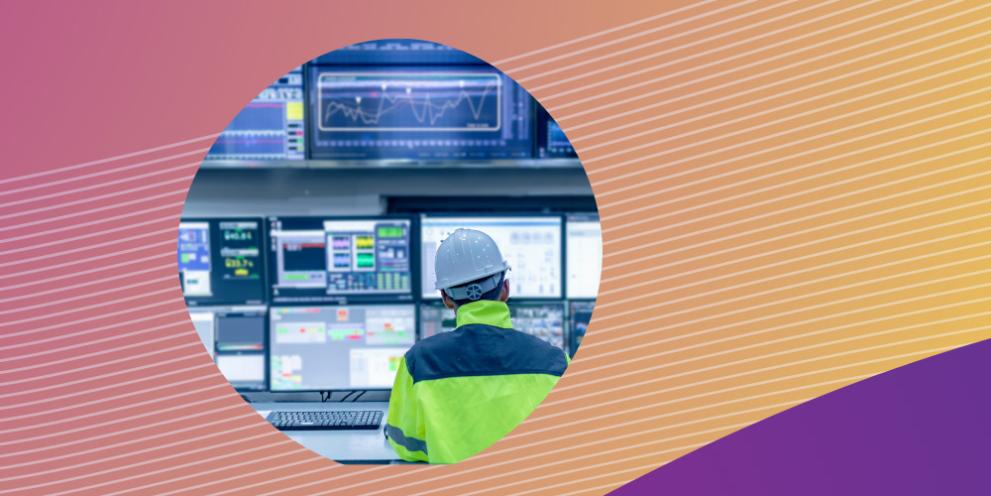
Implementation of the TwinEU (Digital Twin for Europe) project under Horizon Europe began in January 2024. With a budget of €25.2 million (including €20 million in EU funding), the project aims at developing the concept of the pan-European digital twin based on the federation of local twins of the electricity system.
- Support the EU Agency for the Cooperation of Energy Regulators (ACER) and the National Regulatory Authorities in their work to define common smart grid indicators (by 2023).
Discussions have been conducted with ACER and the Council of European Energy Regulators (CEER). In a workshop co-organised with CEER in April 2024, ACER, CEER, the European Network of Transmission System Operators for Electricity (ENTSO-E), and the EU Distribution System Operators (DSO Entity) presented their progress on the general approach to this work, and on defining and selecting Smart Grid Indicators (SGIs). The 4 associations committed to prepare technical discussion papers on SGIs that were presented at the Energy Infrastructure Forum in 2024.
- Support, under the Connecting Europe Facility – CEF Digital, the development of concepts and feasibility studies for pan-European Operational Digital Platforms (by 2024).
Ensuring benefits for consumers: new services, skills and empowerment
- Ensure that key research and innovation projects work together to identify strategies to engage consumers in the design and use of digital tools.
The Bridge working group ‘Consumers and Citizen Engagement’ published a report in May 2023 on the 'Exploration of citizen engagement methodologies in European R&I projects', looking at the various indicators, strategies and smart tools to improve consumers' engagement in the future energy systems.
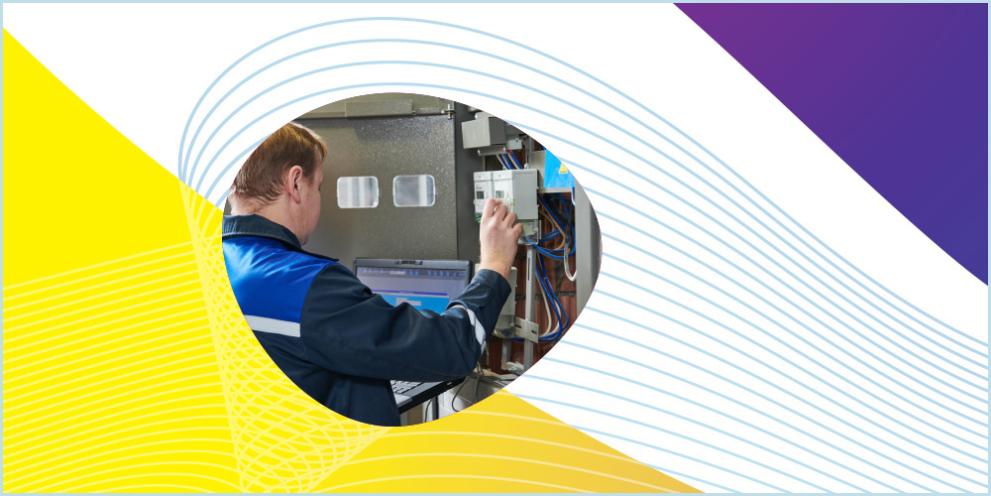
A key accomplishment is the successful delivery of the first-generation blueprint for a CERF for energy-saving applications under the Horizon2020-supported InterConnect project. It will further expand the development and real-life testing of advanced solutions to support consumers in managing energy consumption more effectively, contributing to a more efficient and reliable energy system. The blueprint builds on 2 reports:
- Empowering consumers: Leveraging digital technology to facilitate voluntary energy reductions, published in March 2023, analyses the use of digital technology in helping consumers make informed decisions about their energy usage.
- Towards a CERF for Consumer Applications, a report developed by the Smart Grids Task Force, Expert Group 3 outlines several service tiers based on current energy-saving applications. The Commission evaluated the proposals received under the Digital Europe Programme call for the deployment of the CERF. The selected project started on 1 September 2024. It is expected to lead to the deployment of the second-generation blueprint of the CERF for energy-saving applications.
- Support the establishment of a large-scale partnership as part of the Pact for Skills (end of 2023).
The Large-scale Partnership (LSP) to boost skills development in the energy sector was launched by energy industry stakeholders in December 2023. Despite the positive trend in the employment rate in this sector, the 2023 Competitiveness progress report on clean energy technologies indicates that skills shortages may impact the growth of the clean energy sector. The LSP will complement existing skills partnerships in the renewable energy industrial ecosystem regarding on- and offshore renewable energy, as well as the digital ecosystem skills partnership.
- Identify and shortlist digital tools and produce guidance on energy sharing and peer-to-peer exchanges for the benefit of energy communities and their members, as part of the Commission initiative Energy Communities Repository (2023-2024).
The digital toolbox guidance for energy communities was published on May 2023, providing practical examples of digital solutions for energy communities in different scopes of application such as demand response and energy monitoring, for example.
The first prototype ‘RECxploration’ was launched online on 29 April 2024.
Strengthening cybersecurity and resilience in the energy system
- Propose a delegated act on the cybersecurity of cross-border electricity flows (Q1 2023).
Delegated Regulation (EU) 2024/1366 establishing the EU’s first-ever network code on cybersecurity for the electricity sector was published in May 2024 and entered into force on 13 June 2024. The network code lays down sector-specific rules for cyber security aspects of cross-border electricity flows, including on common minimum requirements, planning, monitoring, reporting and crisis management.
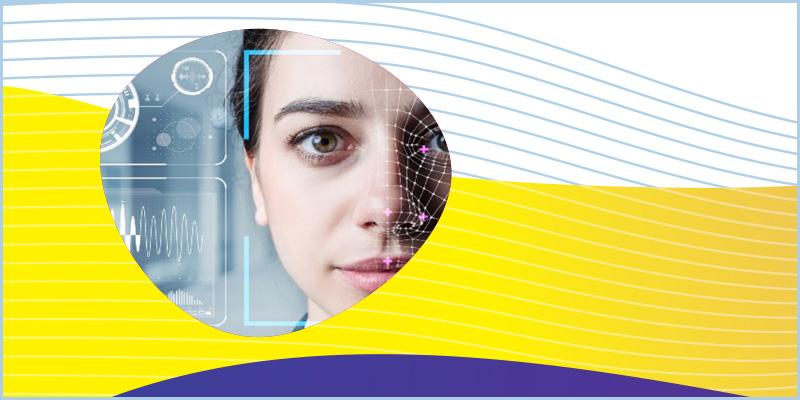
Regulation (EU) 2024/1789 on the internal markets for renewable and natural gases and for hydrogen includes provisions for cybersecurity. It enables the Commission to adopt a delegated act establishing gas sector-specific rules for the cyber security aspects of cross-border gas flows, including rules on common minimum requirements, planning, monitoring, reporting and crisis management. Its specific need will be assessed through a preparatory study launched in 2024 for the development of a delegated act/initiatives network code on gas, hydrogen and oil cybersecurity.
Controlling the energy consumption of the ICT sector
- Fund a study and prepare a communication and awareness raising campaign on the responsible energy consumption of day-to-day digital behaviours (2022-2023).
The study 'Assessment of the energy footprint of digital actions and services', published in June 2023, provides simple estimates of the energy consumption of 10 specific ICT actions where behavioural change by many can have a big impact, such as video or music streaming, video gaming or storing data in the cloud.

- Propose binding obligations and transparency requirements, as well as provisions to promote the reuse of waste heat, for data centres (Q4 2022).
- Develop an energy-labelling scheme for computers and evaluate a possible revision of the eco-design regulation on servers and data storage products. Explore the possibility to develop common indicators for measuring the environmental footprint of electronic communications services (Q4 2023).
The JRC report ‘Identifying common indicators for measuring the environmental footprint of electronic communications networks (ECNs) for the provision of electronic communications services (ECSs)’ was published in the first quarter 2024. It identifies 8 sustainability indicators that are considered as high priority for the sustainability of telecommunications networks: energy consumption, energy efficiency, use of renewable energy (rate), greenhouse gas (GHG) scope 1 emissions (direct carbon emissions), GHG scope 2 emissions (indirect through the energy providers), GHG scope 3 emissions (other indirect along the value chain), E-waste production, distribution or utilisation of recycled/ refurbished/ reused products. They will be used as an input for the next deliverable, which will be to establish a code of conduct for the sustainability of telecommunications networks.
- Establish an EU code of conduct for the sustainability of telecommunications networks (2022-2023).
- Explore and prepare the introduction of an environmental labelling scheme for data centres (2025).
The Commission required a study on the energy performance and sustainability of data centres and its first deliverable (out of 4) was published in October 2023.
- Develop an energy efficiency label for blockchain (2025).
An EU-wide coordinated approach
- Develop, in cooperation with the European Green Digital Coalition, tools and methodologies to measure the net impact of enabling digital technologies in the energy sector, on the environment and climate (2023-2024).
The Commission Notice on the Guidance to EU countries for updated National Energy and Climate Plans (2021- 2030) was published in December 2022. It encourages them to make use of the existing tools and build on their activities in the digital and energy fields to explore the full potential of the twin green and digital transition, while avoiding duplication.
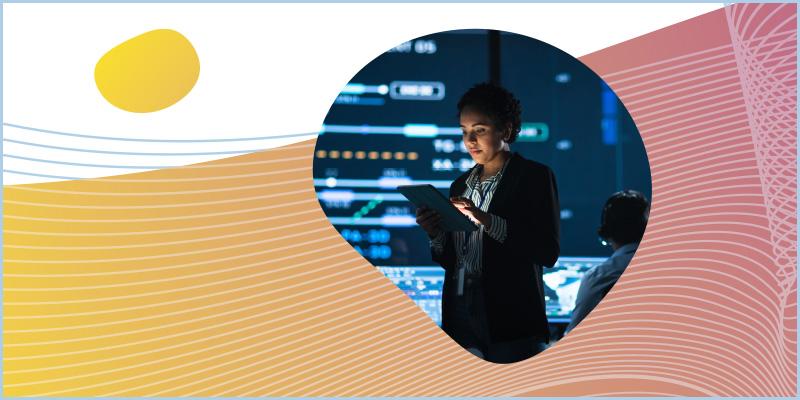
As horizontal and overarching action, the Commission provided financial support for research and innovation and market uptake of digital technologies in the energy sector, through the Digital Europe Programme (see above in the data space and consumers areas), LIFE, cohesion policy and a flagship programme for the digitalisation of energy in Horizon Europe (2023-2024).
